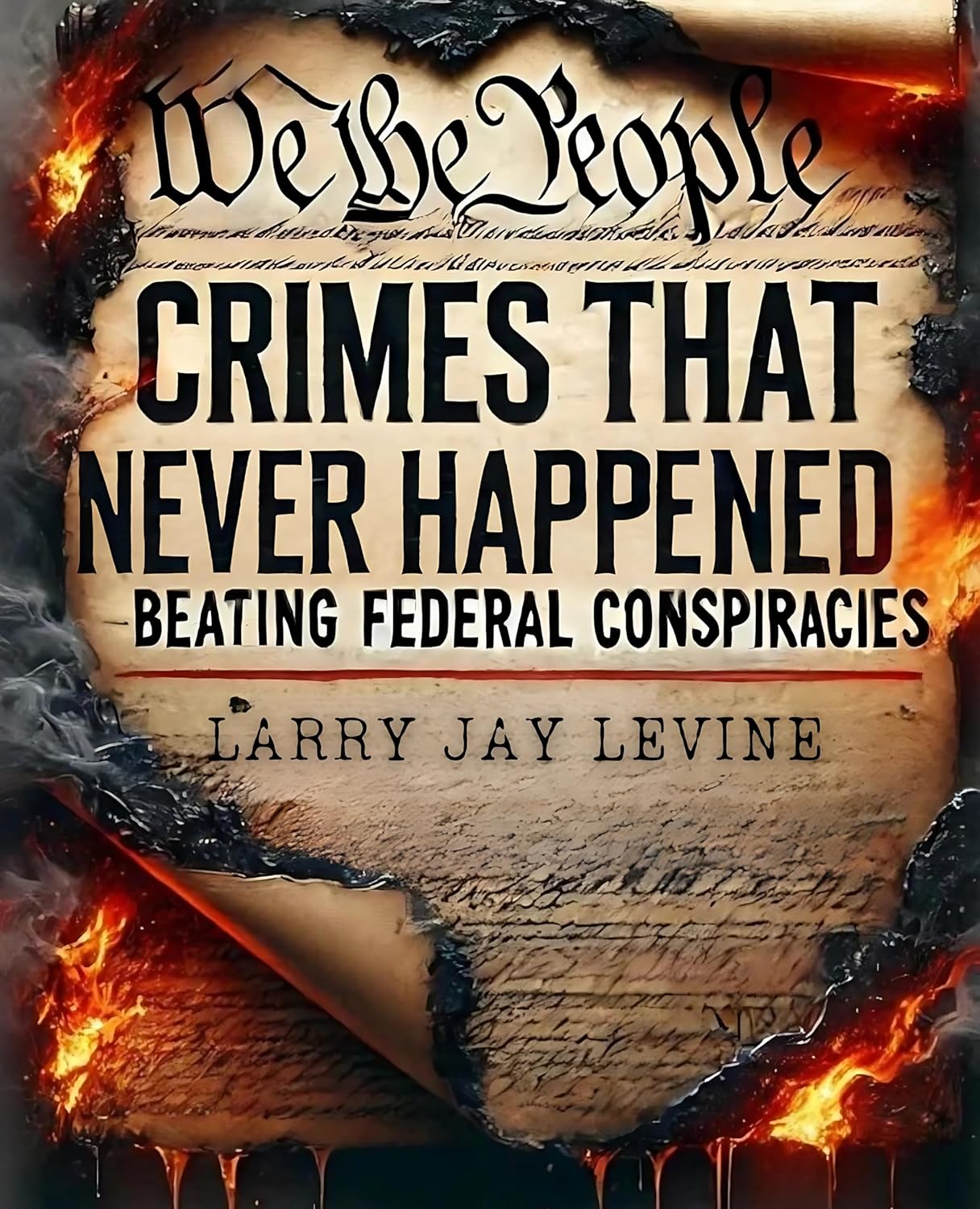What Is Money Laundering
Money laundering is a federal crime defined under 18 U.S.C. §§ 1956 and 1957, which makes it illegal to knowingly conceal, disguise, or process the proceeds of criminal activity to make them appear legitimate.
The goal is to “clean” illegally obtained money by passing it through legitimate businesses, financial institutions, or complex transactions to obscure its criminal origins.
Money laundering is often associated with organized crime, drug trafficking, fraud, and corruption, but it can also occur in white-collar settings, involving businesses and professionals.
Facing Federal Money Laundering Charges?
Money laundering charges aren’t just legal issues—they’re life-altering crises. Federal prosecutors have a conviction rate of over 90%, and they pursue money laundering cases aggressively due to their ties to other serious crimes like fraud, drug trafficking, and terrorism.
How White Collar Advisory Group Can Help You
That’s where White Collar Advisory Group comes in. We prepare criminal defendants in dealing with the federal court system and while attorneys focuses on courtroom strategy, we focus on protecting your future by preparing you for the realities of federal prosecution and prison life.
Our services go beyond legal defense—we focus on what comes next:
- Sentencing Preparation: Learn how to present yourself effectively to mitigate sentencing outcomes, including strategies for the Presentence Investigation Report (PSR).
- Prison Consulting: Guidance on navigating the federal prison system, from security classifications to daily survival strategies.
- Sentence Reduction Strategies: Advice on qualifying for programs like RDAP, compassionate release, and sentence mitigation tactics.
- Post-Conviction Support: Assistance with halfway house placement, supervised release, and reentry strategies after prison.
We’ve helped countless clients navigate the federal system, and we’re ready to help you.
Contact Us Now
📧 Email: help@whitecollaradvisorygroup.com
📞 Phone: 480-745-2000`
Self Help Books by Larry Levine
 |
 |
Common Types of Money Laundering Include:
- Structuring (Smurfing): Breaking large amounts of cash into smaller deposits to avoid triggering reporting requirements.
- Shell Companies: Using fake or inactive businesses to move money through seemingly legitimate transactions.
- Trade-Based Laundering: Falsifying invoices or over/under-invoicing goods to disguise the movement of illicit funds.
- Real Estate Laundering: Purchasing properties with illegal funds, then selling them to legitimize the money.
- Casino Laundering: Converting dirty money into chips, gambling minimally, then cashing out to make the funds appear as gambling winnings.
- Offshore Accounts: Moving money to foreign banks in jurisdictions with lax financial regulations to conceal ownership and origin.
Common Defense Strategies for Money Laundering Charges
Despite aggressive federal prosecution, several defense strategies can be effective in money laundering cases:
- Lack of Knowledge: Proving that the defendant was unaware that the funds were proceeds of criminal activity, which is critical since knowledge is a key element of the crime.
- Legitimate Source of Funds: Demonstrating that the money in question came from lawful activities, not criminal enterprises.
- Insufficient Evidence: Challenging the prosecution’s ability to directly link the defendant to the laundering scheme or underlying criminal conduct.
- Entrapment: Arguing that government agents induced the defendant to commit a crime they otherwise wouldn’t have.
- No Criminal Intent: Showing that the transactions were conducted in good faith without the intent to conceal or disguise illegal proceeds.
A strong defense requires early intervention, meticulous financial analysis, and a strategic approach tailored to the complexity of financial transactions.
How Federal Authorities Investigate Money Laundering
Money laundering investigations are complex and often involve collaboration between multiple federal agencies, including the FBI, the Drug Enforcement Administration (DEA), the Internal Revenue Service Criminal Investigation Division (IRS-CI), and the Financial Crimes Enforcement Network (FinCEN).
These cases frequently span international borders, with financial transactions traced across multiple jurisdictions.
Key Components of Federal Investigations:
- Financial Transaction Monitoring: Analyzing banking records, wire transfers, and suspicious activity reports (SARs) filed by financial institutions.
- Subpoenaed Records: Accessing bank accounts, business transactions, real estate deals, and offshore holdings to trace the movement of funds.
- Forensic Accounting: Using forensic experts to unravel complex financial schemes and identify patterns of laundering.
- Undercover Operations: Infiltrating organizations suspected of laundering money, especially in cases tied to drug trafficking or organized crime.
- International Cooperation: Working with foreign governments and financial intelligence units to track funds moved overseas.
Federal prosecutors rely heavily on financial records, transaction histories, and digital footprints to build money laundering cases.
Federal Sentencing Penalties for Money Laundering
Money laundering carries some of the harshest penalties under federal law, with sentences influenced by the amount of money involved, the nature of the underlying criminal activity, and whether the laundering was part of an organized effort.
Potential Penalties Include:
- Up to 20 years in federal prison per count under 18 U.S.C. § 1956.
- Up to 10 years in prison under 18 U.S.C. § 1957 for transactions involving over $10,000 in criminal proceeds.
- Fines up to $500,000 or twice the value of the laundered funds, whichever is greater.
- Asset Forfeiture: Seizure of any property or assets connected to the money laundering scheme.
Sentencing Enhancements Apply If:
- The laundered funds exceeded $1 million or involved international transactions.
- The defendant played a leadership role in an organized laundering network.
- The laundering involved sophisticated means, such as layered shell companies or encrypted transactions.
- The offense was connected to drug trafficking, terrorism, or public corruption.
Sentencing follows the U.S. Sentencing Guidelines, which consider factors like the amount of money laundered, the complexity of the scheme, and the defendant’s role.
Frequently Asked Questions About Money Laundering
What’s the difference between money laundering and structuring?
Structuring (or “smurfing”) is a technique used in money laundering where large sums are broken into smaller transactions to avoid detection. Money laundering is the broader crime that involves disguising the origins of illegal money.
Can I be charged with money laundering if I didn’t commit the underlying crime?
Yes. Even if you didn’t commit the original crime (like drug trafficking or fraud), you can still be charged if you knowingly helped conceal or process the proceeds of that crime.
Is money laundering always a federal crime?
Most cases are prosecuted federally, especially when they involve interstate commerce, international transactions, or violations of the Bank Secrecy Act. Some states have their own money laundering laws, but federal charges carry harsher penalties.
Does cooperating with federal prosecutors reduce my sentence?
Cooperation can potentially reduce your sentence, but it comes with legal risks. Always consult with an experienced attorney before agreeing to cooperate with federal authorities.

